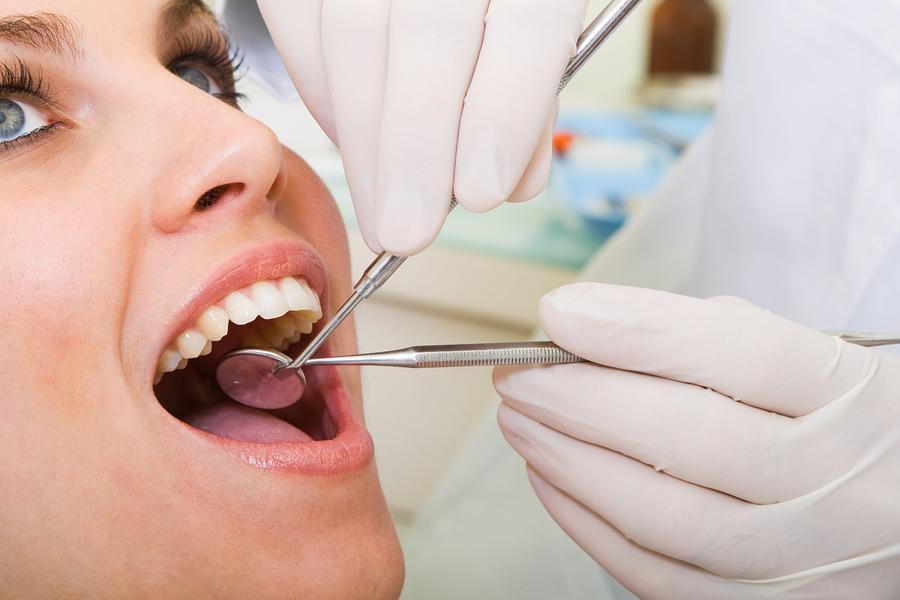Change Your Smile with Porcelain Veneers Washington DC for a Glowing Look
Change Your Smile with Porcelain Veneers Washington DC for a Glowing Look
Blog Article
Usual Questions Regarding Oral Veneers Addressed
Dental veneers have actually become a significantly popular alternative for those looking to improve their smiles, yet several people remain unpredictable about numerous aspects of their usage. As we check out these common queries, it comes to be crucial to take into consideration not only the benefits however likewise the effects of opting for oral veneers in pursuit of a more certain look.
What Are Dental Veneers?
Dental veneers are slim, tailor-made shells crafted from porcelain or composite material that are created to cover the front surface area of teeth. These dental prosthetics offer both practical and visual purposes, providing a service for different oral blemishes, consisting of staining, chips, spaces, and imbalance. By sticking to the teeth, veneers can considerably boost the total appearance of a smile, creating a more attractive and uniform look.
Porcelain veneers are particularly favored for their natural clarity and tarnish resistance, making them an excellent option for people seeking durable results. On the other hand, composite resin veneers are typically cheaper and can be applied in a single go to, but they may not use the exact same sturdiness as porcelain options.
The decision to choose dental veneers often stems from a desire for aesthetic improvement, yet people must additionally think about variables such as the long life of the material, upkeep demands, and the prospective need for tooth reduction (Porcelain Veneers Washington DC). Ultimately, oral veneers represent a effective and flexible remedy for accomplishing a glowing smile, providing to specific aesthetic demands while promoting self-confidence and self-esteem
Exactly How Are Veneers Applied?
The application process for veneers calls for careful preparation and precision to make sure ideal outcomes. The procedure usually begins with a thorough examination, where the dentist reviews the person's oral wellness, goes over preferred results, and figures out the suitable sort of veneers, whether porcelain or composite resin.
As soon as the treatment strategy is developed, the dental professional prepares the teeth by getting rid of a thin layer of enamel, generally regarding 0.5 mm to 1 mm, to suit the veneer. This action is important as it ensures a proper fit and protects against the veneers from showing up bulky - Veneers. After preparation, perceptions of the teeth are taken to produce customized veneers that match the person's unique oral structure and aesthetic choices
While the long-term veneers are being made in an oral lab, short-lived veneers may be positioned to safeguard the ready teeth. Once the permanent veneers are all set, the dental expert will thoroughly bond them to the teeth making use of a strong dental adhesive.
What Are the Advantages?

Additionally, veneers are recognized for their durability and resistance to discoloring contrasted to natural teeth. Made from premium materials such as porcelain or composite material, they can maintain their look for years with proper care. This longevity makes them a sensible investment in one's oral appearance.
In addition to visual enhancements, veneers can additionally contribute to enhanced oral health and wellness. By covering harmed or deteriorated teeth, they can give extra support and protection, assisting to stop further degeneration or wear and tear. This safety aspect can reduce the requirement for more comprehensive oral treatments in the future.

How Much Time Do They Last?
With correct treatment and maintenance, oral veneers can last anywhere from 10 to 15 years, making them a durable service for enhancing one's smile. The durability of veneers mainly depends on the product used, the top quality of the first placement, and the person's adherence to oral hygiene methods.
Porcelain veneers are understood for their sturdiness and resistance to discoloration, generally lasting closer to the 15-year mark when taken care of suitably. Composite veneers, while extra economical, might require substitute faster, frequently within 5 to ten years as a result of their susceptibility to wear and discoloration.

In addition, putting on a mouthguard during sporting activities or nighttime can supply additional protection. Inevitably, while veneers provide a considerable aesthetic enhancement, their longevity is dramatically affected by the dedication to correct dental care and routine appointments with a dental professional.
Are There Any Type Of Risks?
Taking into consideration the transformative results of dental veneers, it is necessary to recognize the possible risks associated with their application. While veneers can improve the appearance of teeth, the treatment entails the removal of a slim layer of enamel, which can increase tooth sensitivity and vulnerability to decay.
One considerable danger is the possibility of improper positioning or suitable, bring about discomfort, bite imbalance, and even damages to the underlying tooth structure. Additionally, if the veneers are not preserved effectively, they can come to be discolored or chipped gradually, requiring replacement.
Clients might additionally experience allergies to the materials made use of in the veneers, specifically if they have sensitivities to specific dental composites. In addition, while veneers are durable, they are not indestructible; too much pressure from clinching or grinding dig this can bring about fractures.
It is important for people to seek advice from a certified oral specialist to review their specific dangers and to follow aftercare instructions faithfully. By understanding these dangers, clients can make educated decisions concerning their oral veneer treatment and make sure the longevity and success of their improvements.
Conclusion
In summary, oral veneers represent a beneficial cosmetic solution for improving smiles, with considerations concerning their application, benefits, durability, and linked risks. Eventually, educated decision-making pertaining to oral veneers can lead to sufficient visual results and boosted oral health and wellness.
Dental veneers are thin, custom-made shells crafted from porcelain or composite material that are created to cover the front surface area of teeth. After preparation, perceptions of the teeth are taken to create custom veneers that match the patient's unique dental framework and aesthetic preferences.
While the long-term veneers are being fabricated in an oral research laboratory, momentary veneers may be put to protect the prepared teeth. As soon as the irreversible veneers are you can try this out prepared, the dentist will thoroughly bond them to the teeth using a strong oral adhesive. Ultimately, informed decision-making relating to dental veneers can lead to satisfactory aesthetic outcomes and enhanced dental health and wellness.
Report this page